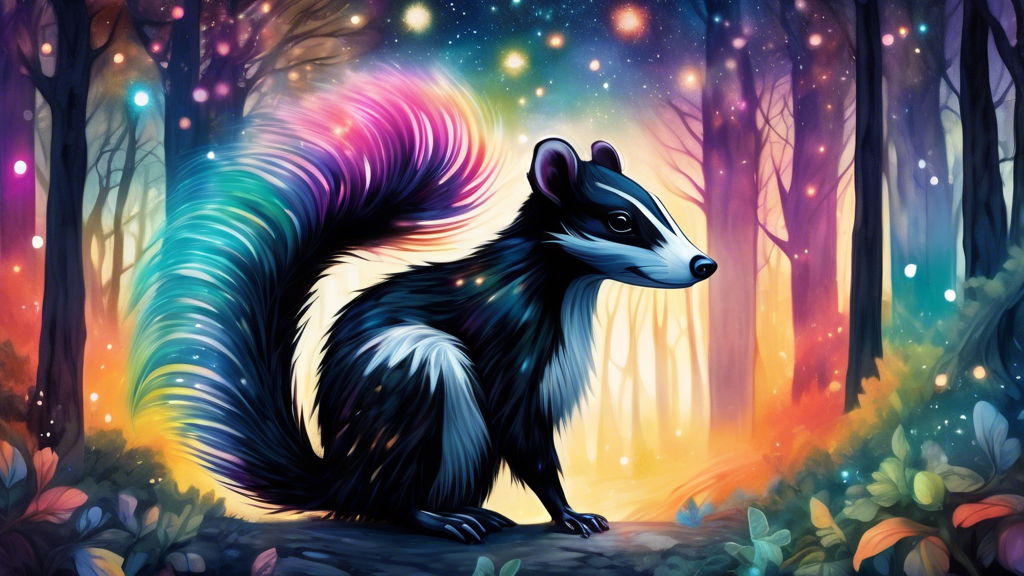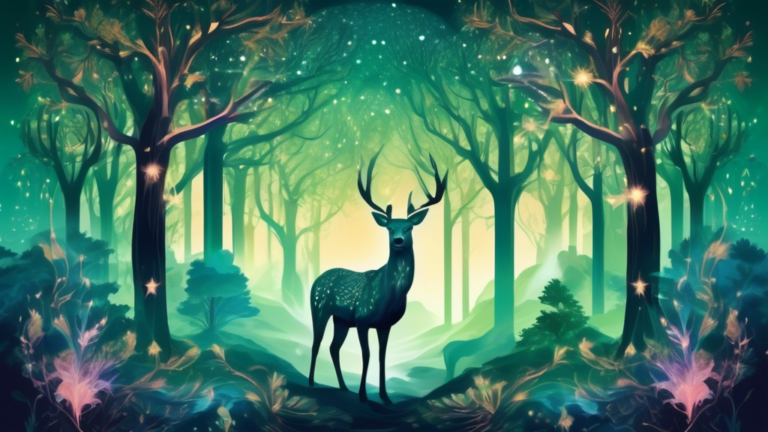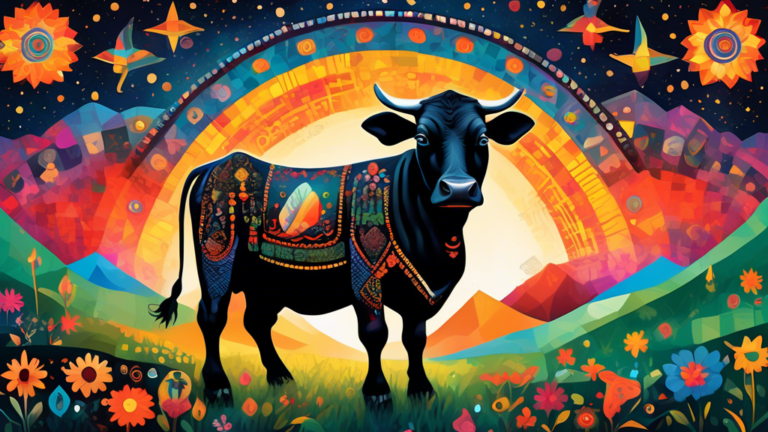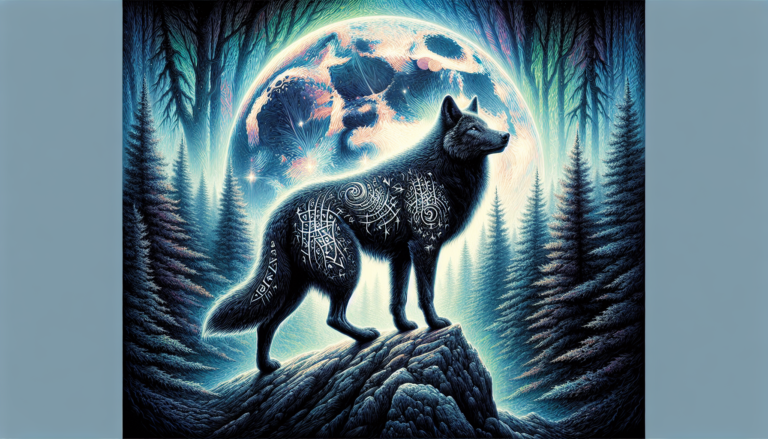Unlocking the Meanings Behind Skunk Symbolism
Introduction to Skunk Symbolism
Skunks, often recognized for their potent defense mechanism, carry a wealth of symbolism across various cultures. These small, striped creatures are far more than their notorious scent; they hold profound meanings that can offer insights into human behavior and universal principles. In this article, we will delve into the multiple layers of skunk symbolism, exploring their associations with prudence, introspection, and communication.
Historical and Cultural Significance of Skunks
Skunks are native to the Americas and thus hold a special place in Native American folklore and tradition. Different tribes attribute various characteristics to the skunk, often focusing on their strategic use of powerful scent as a defensive tool rather than for attack. For example, in some Native American stories, the skunk’s ability to ward off danger without causing harm is emphasized, highlighting themes of pacifism and diplomacy.
Symbolism in Native American Culture
In these cultures, the skunk is often seen as a judge of character and intent, challenging individuals to reflect on their actions and the intentions behind them. They represent a spy or a keeper of secrets, warning against deceit and encouraging honesty. In some tribes, the skunk’s black and white coloring is seen as a symbol of the duality and balance within the universe, illustrating life’s inherent contrasts such as good and evil, inner and outer self.
Skunk Symbolism in Modern Interpretations
In contemporary symbology, the skunk has evolved to represent more than just a physical defense mechanism. It is often associated with the ability to give warnings and command respect without causing further aggression. This aspect of skunk symbolism speaks to effective communication strategies and the power of persuasion.
Self-Defense and Respect
The primary weapon of a skunk is its well-known spray, a highly efficacious mechanism for self-defense. This characteristic emphasizes confidence and self-assurance, encouraging individuals to assert boundaries firmly and respectfully. The skunk teaches that true strength doesn’t need to be overt or aggressive; it can be quiet and still command respect.
Introspection and Social Dynamics
The behavior of skunks also symbolizes a need for introspection. They are solitary animals, which suggests the importance of self-sufficiency and personal space. In human terms, this can be seen as a reminder to take time for oneself, ensuring personal boundaries are respected and maintained.
Diplomacy and Influence
Moreover, skunks symbolize the art of influence without confrontation. Their presence alone can be a powerful deterrent, and it is this subtle yet effective method of impact that humans can learn from. Skunks inspire a form of diplomacy that is assertive without being aggressive, promoting peace and mutual respect in interpersonal dynamics.
Conclusion
The skunk, often unjustly maligned due to its pungent defense mechanism, actually carries deep and meaningful symbolism across various domains of life. From teaching lessons about self-respect and personal boundaries to emphasizing the power of non-aggression in defense and diplomacy, the skunk serves as a powerful symbol. Whether in tales from Native American cultures or in lessons drawn from their natural behavior, skunks encourage us to reflect on our own practices of communication, respect, and introspection. By understanding the skunk’s symbolism, we unlock insights into not only their world but also into better navigating our own.
The Symbolism of Rainbows: Meanings and Interpretations
Exploring the Symbolism of Cockroaches







